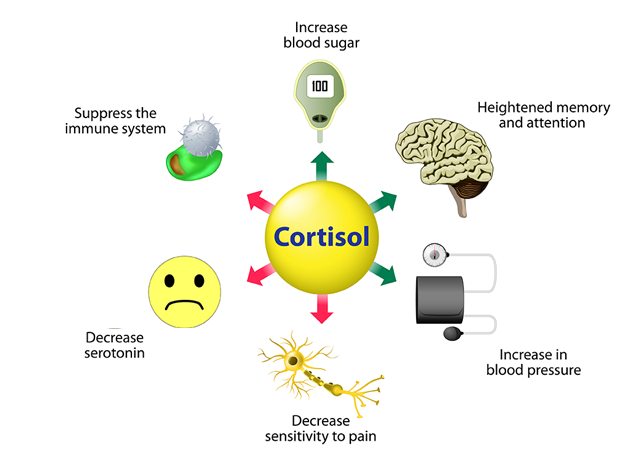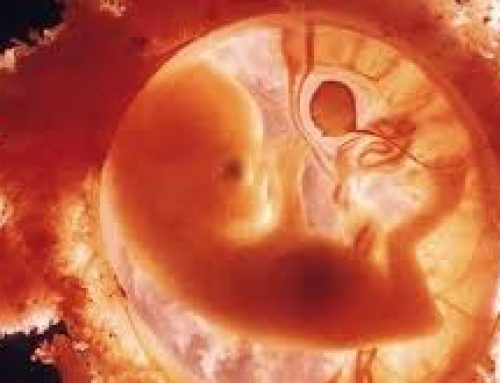INCREASE IN STRESS
When we experience stress, the body produces the hormone cortisol. This is the hormone that makes you alert and causes you to wake up in the morning and feel like getting up. It is also the hormone that stimulates your appetite and causes the body to store reserves from what you eat. For example, those reserves are stored as fat around your belly to prepare the body for the next stress response. The way our bodies naturally respond to stress is basically healthy. As soon as we encounter a stressful situation, our body produces the short-acting stress hormone adrenaline, which instantly makes us ready to fight or flee. Once this came in handy when we ran into a wild animal, but of course our way of life today is completely different. The physical threat of a wild animal or an enemy has given way to other stressful situations such as traffic jams, being late, a deadline, fear of failure, money worries, relationship problems or a reorganization at work. Your body also makes those hormones for these, more mental stress situations. Physician Shawn Talbott, former director of the University of Utah Nutrition Clinic and author of “The Cortisol Connection,” explains in his book that this is precisely the problem. We are then frustrated or even angry and cannot “physically discharge” this as we could before because we literally went to fight or run (flee) from that wild animal. By which we also immediately burn calories. Your neuroendocrine system does not “know” that you are not actually going to physically fight or flee, and will simply send a signal that your nutritional supply needs to be replenished causing you to get cravings. According to Talbott, weight gain can be a consequence and the body will store fat primarily around the abdomen.
Shortly after the adrenaline rush, the body always produces cortisol. Cortisol is produced in the adrenal glands and restores balance in your hormone balance. The energy you burn up quickly under the influence of adrenaline is replenished via cortisol. The hormone cortisol causes blood sugar levels to rise, giving you energy and perseverance. As mentioned, cortisol stimulates your appetite and causes fat storage, as the body wants to get ready for the next stress response.



